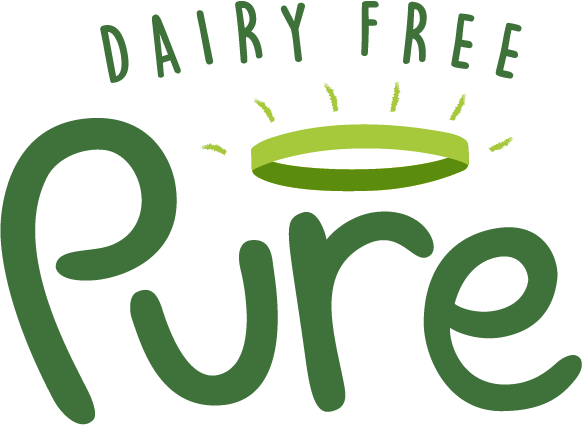
Cows’ milk allergy is common in young children. It affects about 1 in 50 infants, but is much less common in older children and adults (less than 1 in 1000).
Symptoms
Symptoms can be immediate or delayed. Immediate reactions occur very quickly after the individual has consumed cows’ milk, so are relatively easy to pick up. Reactions are common when weaning or if changing from breast feeding to formula. If you notice a red itchy rash around baby’s mouth, facial swelling, hives (red itchy lumps) on the body, streaming nose, sickness and vomiting, or diarrhoea, this may be because your child is having an immediate allergic reaction.
Some symptoms come on much more slowly and are more difficult to spot. These are known as delayed reactions and may cause chronic symptoms such as eczema, reflux, colic, poor growth, diarrhoea or even constipation.
It is difficult to identify whether these symptoms are caused by cows’ milk protein allergy, as they may in fact be down to other conditions. So it is important to seek the help of your GP as they will want to rule out any other causes, and will also be able to refer you to the appropriate paediatric allergy specialist if they feel this is necessary.
Diagnosing a Dairy Allergy
Registered dieticians are able to give you the correct nutritional advice and ensure a well-balanced nutritional intake which will be tasty, varied and culturally acceptable. Children, particularly, should not follow a restricted diet unless supervised by a dietician as they require a well-balanced diet to ensure adequate growth and development. (For more information see BDA)
Recommendations
If you or a family member or friend suffers from a dairy allergy they should avoid dairy at all times. This should be undertaken with advice from a medical professional such as a specialist doctor or dietitian. Dairy is found in much more than just milk, butter, cheese, yoghurts, cream and ice cream. Food labels that list ingredients such as casein, caseinates, hydrolysed casein, skimmed milk, skimmed milk powder,milk solids, non-fat milk, whey, whey syrup sweetener, milk sugar solids or lactose also contain some cows’ milk or products in them.
Processed foods which may contain milk include breakfast cereals, soups, baby foods, processed meats, e.g. sausages, pasta and pizzas, instant mashed potato, sauces and gravies, baked goods e.g. rolls, pancakes, batters, ready meals, puddings and custards, cakes, biscuits, crackers, chocolate/confectionery, crisps. You may not be able to enjoy shop-bought versions of your favourite treats, but with our delicious and easy recipes you will be rustling up your own dairy free meals.
